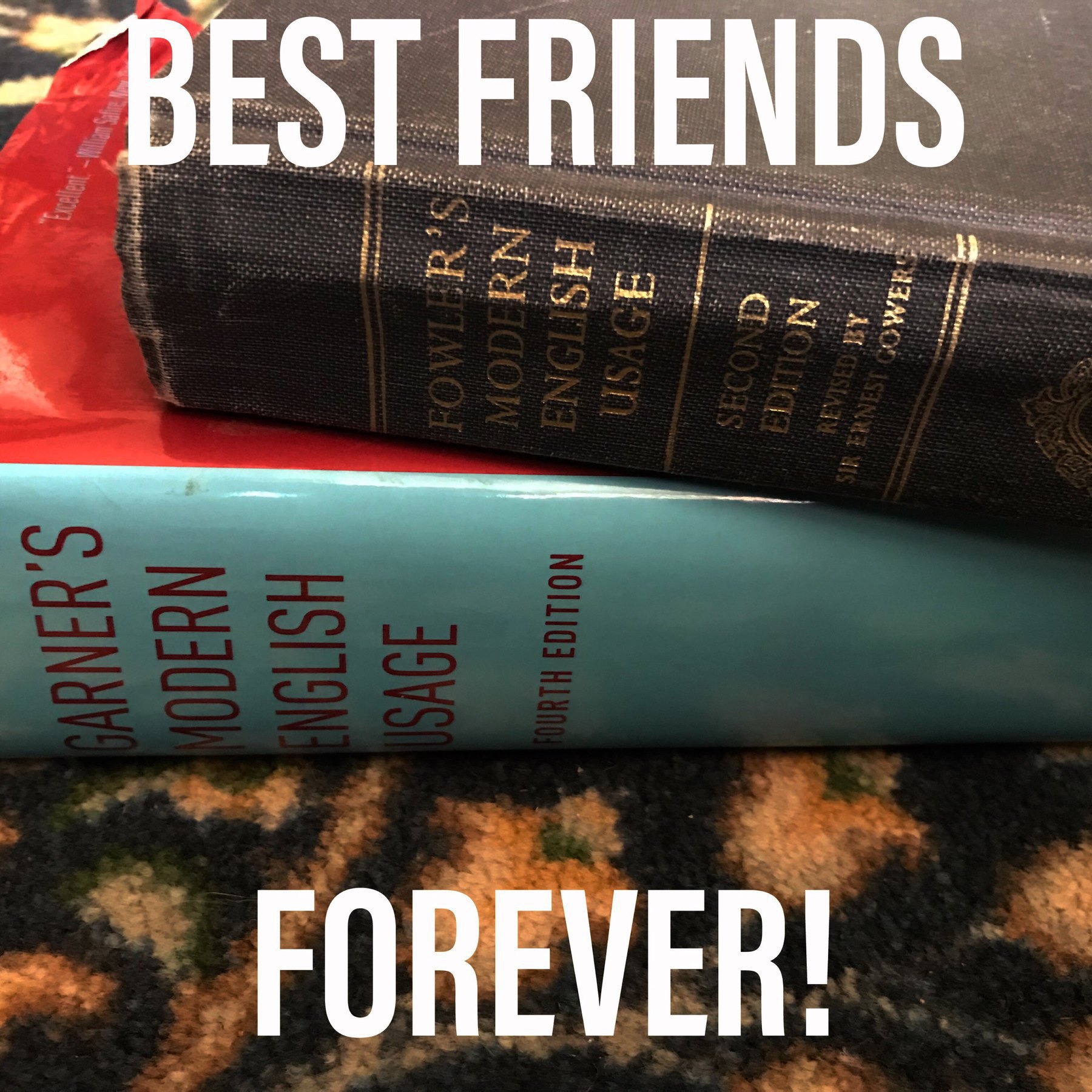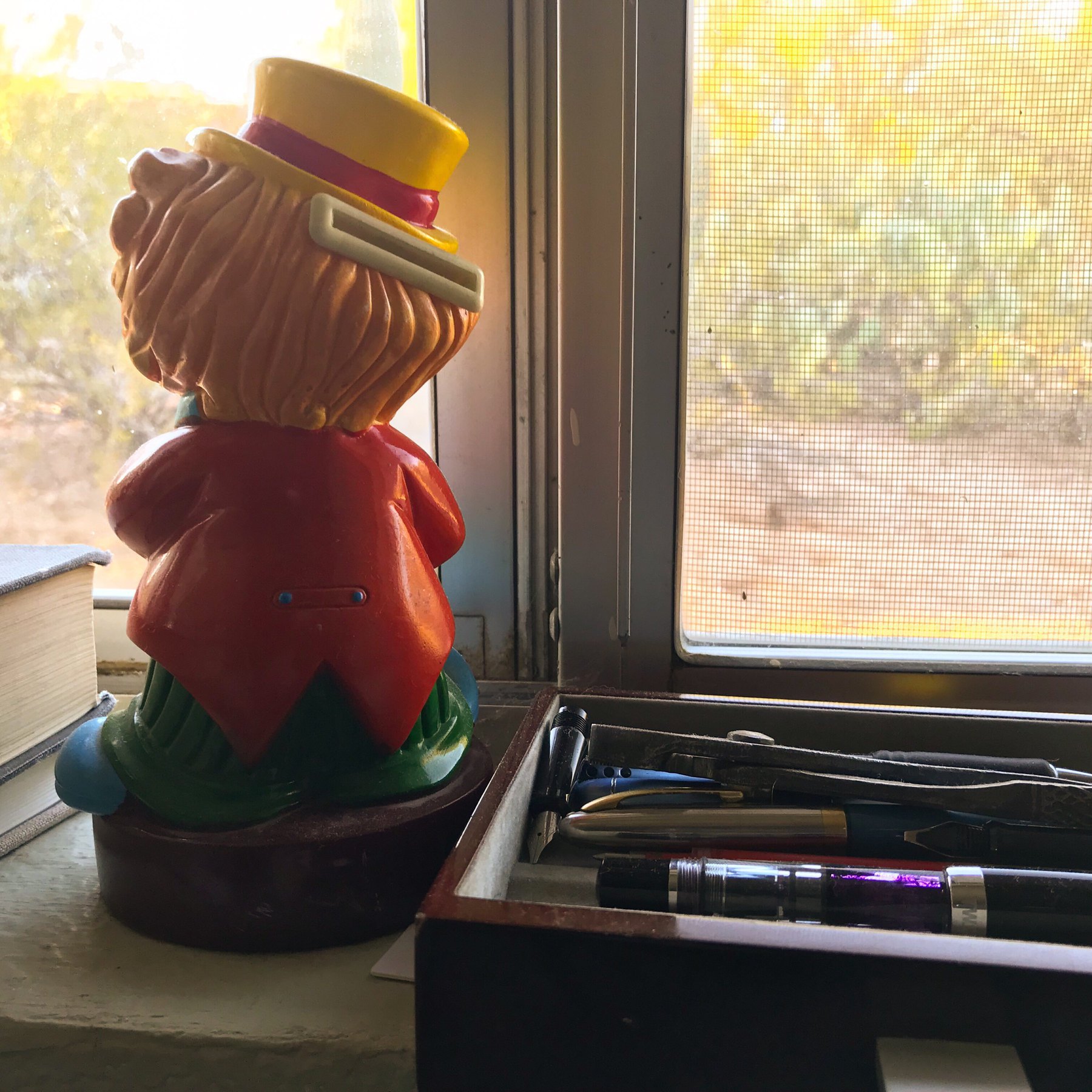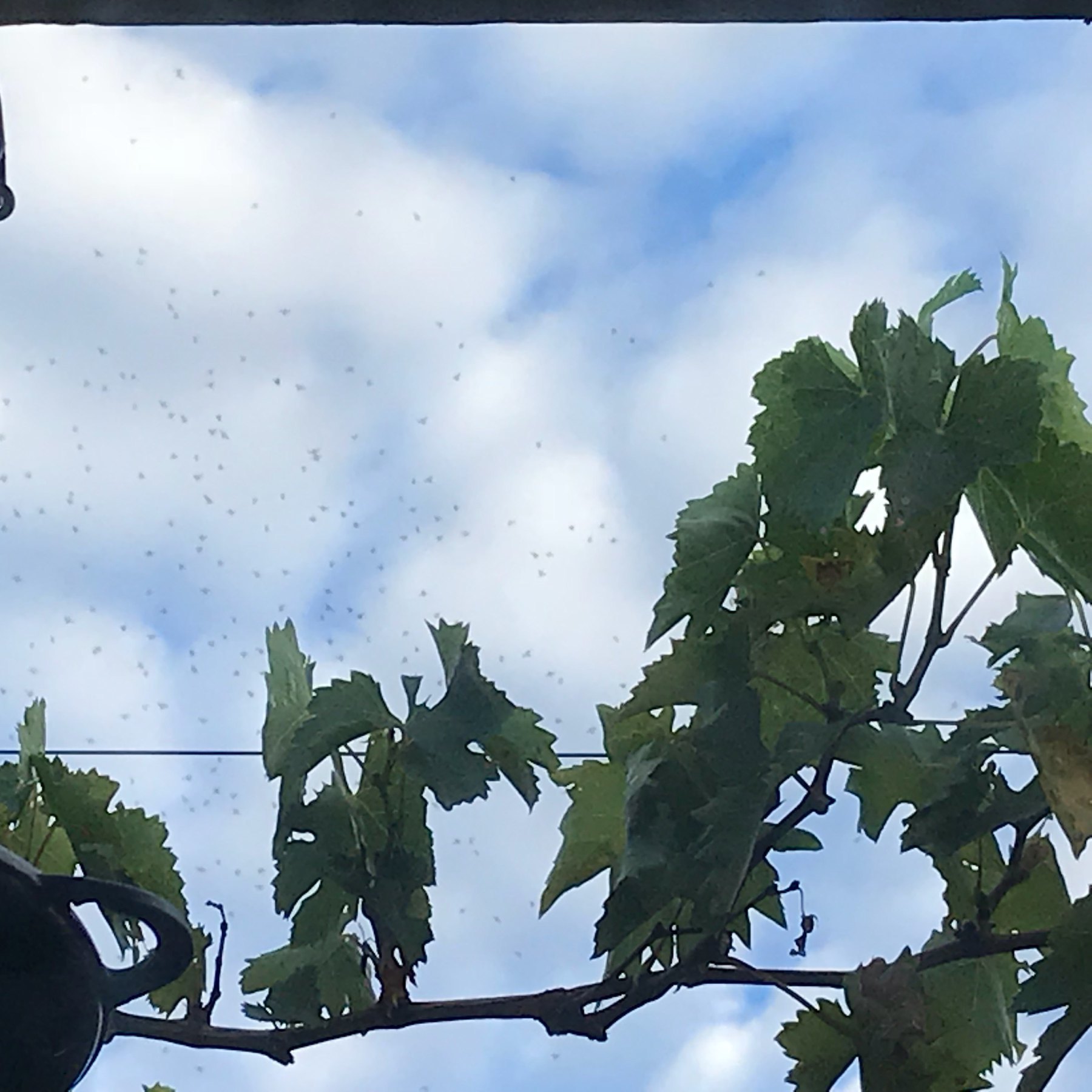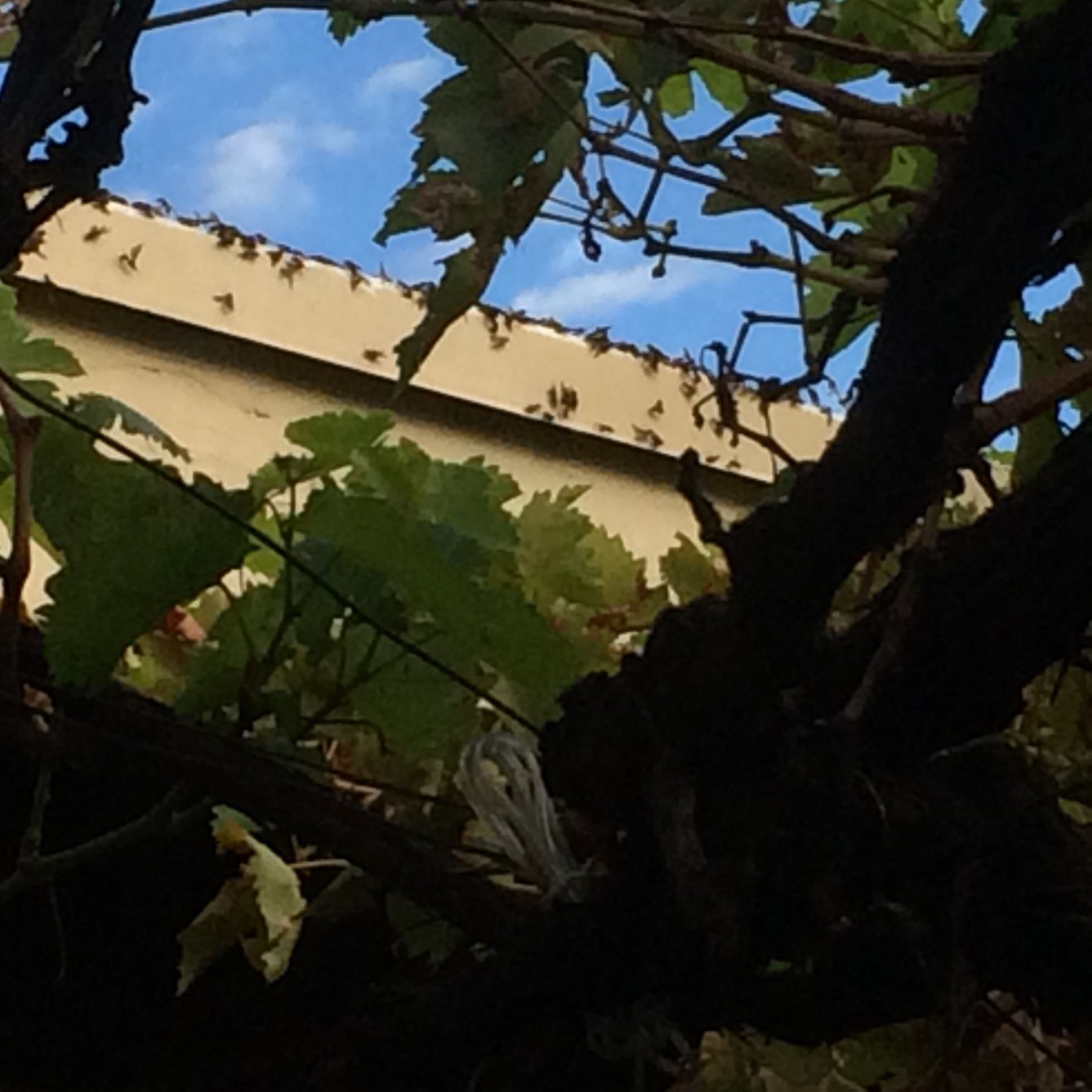Good news! We’re installing a new elder at Covenant this Sunday.
WaPo: In a discovered letter, Ronald Reagan writes to his dying father-in-law about Jesus.
Read @MichaelHorton_’s chapter in Locating Atonement: Explorations in Constructive Dogmatics (ed. @FredFredSanders and Oliver Crisp). Lots of great stuff on incarnation, theosis, Irenaeus, Calvin, and more. And, wow, Origen’s theology was a disaster. 📚
I had a good time meeting teachers and students at the Quest Carnival tonight. Yummy food trucks! This year I’m teaching Old Testament Survey and cello. Classes start Monday, but there is still time to sign up.

Watch out for these three enemies of productivity: excitement, frustration, and fear. Advice from C. S. Lewis.
⛪️ I preached from John 1 for my third sermon on wisdom.
Two weeks ago, I got a copy of the amazing Garner’s Modern English Usage. I thought it might replace my second edition of Fowler’s Modern English Usage. But there’s is too much fiddle-fiddle in Fowler to give it away. Like this, from the entry on “reduplicated words”:
Many—perhaps most—of these words have a disparaging or contemptuous flavour. A few examples of those that are, on the contrary, colourless, though some of them onomatopoeic, are boogie-woogie, chiff-chaff, crinkum-crankum, criss-cross, flip-flap, hokey-pokey (in one of its senses), hurdy-gurdy, ping-pong, roly-poly, rub-a-dub, pitter-patter, see-saw, tick-tack, walkie-talkie, and zig-zag.
And this is only about a twelfth of the whole essay!

Last night, I finished Loving the Poor, Saving the Rich: Wealth, Poverty, and Early Christian Formation by Helen Rhee. 📚 It’s rich with interesting details and is helping me reflect on my own theology and practices.
Tucson loves her murals. This one is at the Spay Neuter Clinic (Grant/Stone).

If you are in Tucson and interested in discussing classic Christian texts, please join me this fall for a theological reading group at the Martha Cooper Public Library. We will be discussing the five orations in On God and Christ by Gregory of Nazianzus.
Gregory of Nazianzus, also known as Gregory the Theologian, was a pastor who was instrumental in defending the faith in the fourth-century and beyond. He may well be the most cited author in the Christian east, second only to the Bible. Gregory was also a prolific poet, having left us around 17,000 lines of poetry. His skill in theology and language are evident throughout his works.
You can learn more about Gregory this fall by exploring On God and Christ with us. Our meetings are free and open to the public at the Martha Cooper Public Library. If you can, please read the assigned text before each meeting so that you can participate in the discussion.
September 13, 2018 (6:30–8pm)
- Oration 27, “An Introductory Sermon Against the Eunomians”
- Oration 28, “On the Doctrine of God”
- Discussion Questions [Link]
October 11, 2018 (6:30–8pm)
- Oration 29, “On the Son”
- Oration 30, “On the Son”
November 1, 2018 (6:30–8pm) (Cancelled due to illness)
UPDATE: November 17, 2:00–3:30pm @ the Chelpka Home
- Oration 31, “On the Holy Spirit”
Note: Any similarities between our group and the reading groups of the Paideia Center of Reformed Theological Seminary are totally on purpose. In addition, I plan to attend the center’s conference in January and hope you will too. However, this group is unaffiliated with the Paideia Center.
My church has a new website! What do you think?






